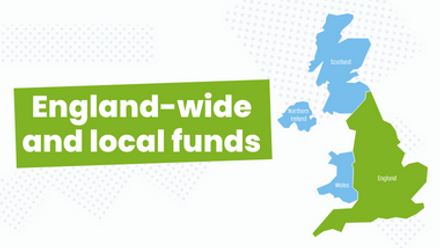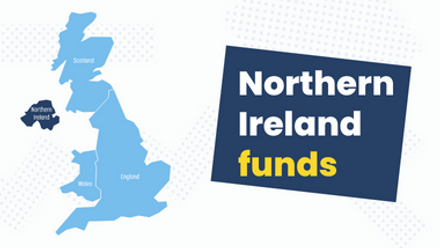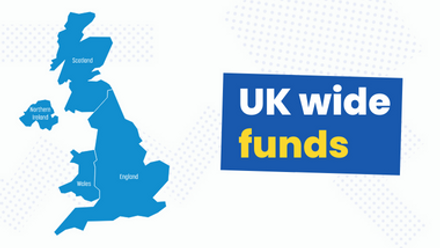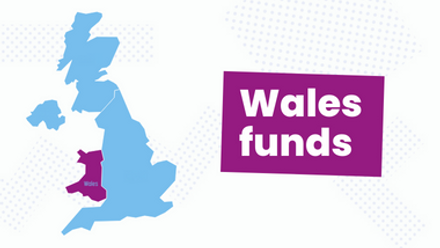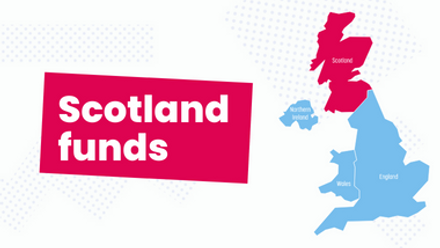Get set...

If your organisation has decided to seek funding and are at the start of the journey, you will need to have some things in place first, the grant you are applying for will tell you what they require, different funders will have different requirements and qualifying restrictions.
Use this checklist to organise what you need to do, read the application information and add/delete the steps you will need to complete to apply. By assigning a date and responsible person to each step you can clearly see what you will need to do to apply for the funding.
Good Governance

Before thinking about fundraising, all groups, whether a registered charity, voluntary organisation, sports group or social enterprise should have the following:
- A governing document that sets out your aims, objectives, rules, procedures for meetings, membership guidelines and your committee structure. It should refer to financial management and have a dissolution clause. The group must hold a signed and dated copy (should be reviewed and signed annually)
- A safeguarding policy that covers children and adults-at-risk of protection issues. It should outline procedures and name a Safeguarding Officer.
- A bank account in the name of the group. Withdrawals should require at least two signatories from individuals who are unrelated.
- Annual accounts that refer to restricted, unrestricted and designated funds.
Budget or Cash Flow Forecast

Paired with the action plan, should be an annual budget or cash flow forecast. At a basic level, you should identify your income expectations and your expected expenditure. This will help you to build reserves, fundraise for any shortfalls and identify growth. You can break it down into:
- Core costs – for ongoing running costs, staffing, overheads, etc.
- Revenue funding – for activities, sessions and projects
- Capital funding – for major items of equipment or to build or refurbish facilities
Larger groups should draw up an income generation plan identifying where funds will be drawn from, which fundraising activities are required, who will take on which roles, which approach funding you will take for particular projects and timescales for getting involved. Smaller groups can agree how to progress amongst the volunteers available and on a project-by-project basis.
Action Plan

ven the smallest group needs to have some form of an action plan for the year. It doesn’t have to be overly complicated. But, your committee and/or group leaders should agree on plans that are realistic, achievable and within the aims and objectives set out in the constitution.
- What do you want to do?
- Why?
- Who will deliver it?
- Who is it for?
- How much will it cost
For more on governance
For more on budgeting
For more on action planning










